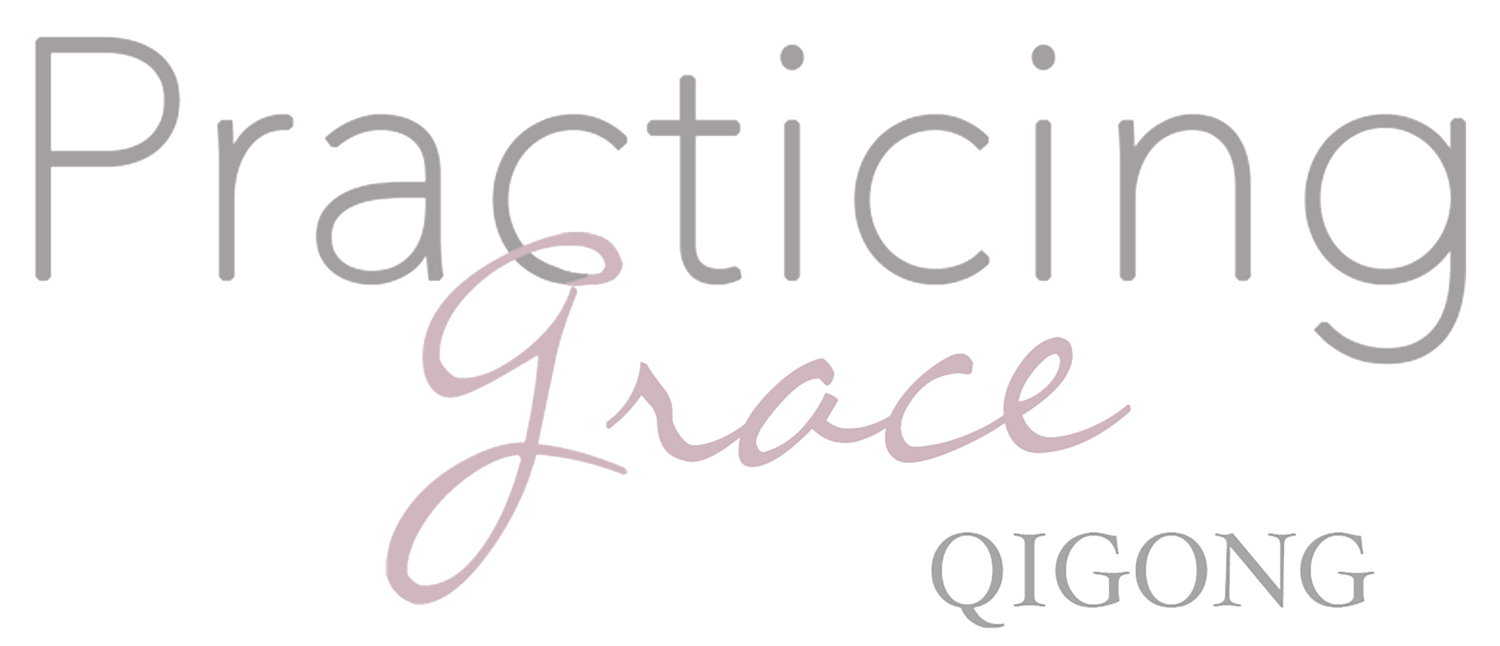In Japanese mythology, the crane becomes immortal at the age of two thousand, when it is done being a crane. And the tortoise becomes immortal at the age of ten thousand when it starts being a wave.
So perhaps the experience is to wear us free of our names.
Perhaps, underneath all the distinctions we can imagine - all spiritual paths are one.
Perhaps all our ambitions and desires are like different cups dipping in the same well at center. And every name - every praise and blame - is such a cup, each holding the same sweet water.
Perhaps it doesn’t matter what carries us to and from that well but only that we drink.
Could experience be for humans what erosion is for the elements? Is the purpose of experience, over a lifetime, to carry us to what matters and then wear us away till we become part of the sweet water the next generation drinks?
If this is so, then what is the work of being human?
There is no tangible answer, any more than we can ask fire why it burns? But like a crane flying steadily till its wings disappear or a tortoise swimming mightily till its shell wears away, we can live our way into knowing.
- Mark Nepo
This week, we begin exploring what Mark Nepo calls “the work of being human” or "listening into a friendship with our life of experience”, or “opening ourselves to the wisdom of life on Earth.”
Deep Silence, Deep Speech and Deep Questioning
One of our favourite teachers, Pema Chodron speaks about how the Buddhist teaching of the Heart Sutra, appeared. The sanskirt title of the Heart Sutra (sutra means thread or string) is translated as the “The Heart of the Perfection of Wisdom" and the sutra states that "Form is empty, emptiness is form." Pema tells the story of how during the teaching of the Heart Sutra, Buddha didn’t say a word. He went into a deep state of meditation and let the bodhissattva of compassion, also known as Kuan-Yin, express his experience on behalf of Buddha. Then one of the principal disciples of Budddha, a monk named Shariputra, began to question Kuan-Yin who, in turn, was inspired by the questions and was able to access an even deeper understanding of what Buddha was conveying through his silence.
In essence, the parable of how the Heart Sutra appears suggests that deep silence, deep speech and deep questioning lead us to a depth of heart that lives below illusion. Our daily practice (in the work of being human) involves living below illusion in the wondrous and gritty nature of things-as-they-are, by listening, translating and questioning our experience.
- Mar Nepo (paraphrased)
Deep Listening
We listen deeply by listening to the Source through immersion, absorption, and presence. We begin by allowing ourselves to sink into the depth of whatever moment we are in.
Deep Speaking
We speak deeply by listening with heart to the Source, no matter who or what conveys it, and translating that presence into meaningful speech. We begin by accepting and working with what we hear. We so filter what we hear through what we believe that we limit what we take in to only what is familiar. Speaking deeply has something to do with letting things pass through our heart as they are.
Deep Questioning
We question deeply by listening to what is offered and surfacing its meaning and usefulness through further questioning and honest dialogue. Think of a deep question as a door that opens between you and what you experience, not as a veiled way to criticize or take things apart, or as a strategy to bide some time till we can pursue our own agenda. What can you ask that will open that door? What can you ask that will let you enter what has been opened? A sign of a a good question is that the questioner is more alive for having asked it.
- Mark Nepo (paraphrased)
Part of the mystery of Oneness is that, like the sun, its light is everywhere and yet we need to grow toward that Oneness to know its light. To open our experience, we need to enliven our deep listener, deep speaker, and deep questioner. These skills are as essential as walking, breathing, and eating.
- Mark Nepo
Which part of you - your deep listener, your deep speaker, or your deep questioner - is the most experienced and which needs more of your attention?
Help me resist the urge
to dispute whether things
are true or false
which is like
arguing whether
it is day or night.
It is always
one or the other
somewhere in the world.
Together, we can penetrate
a higher truth which
like the sun is always
being conveyed.
- Mark Nepo



